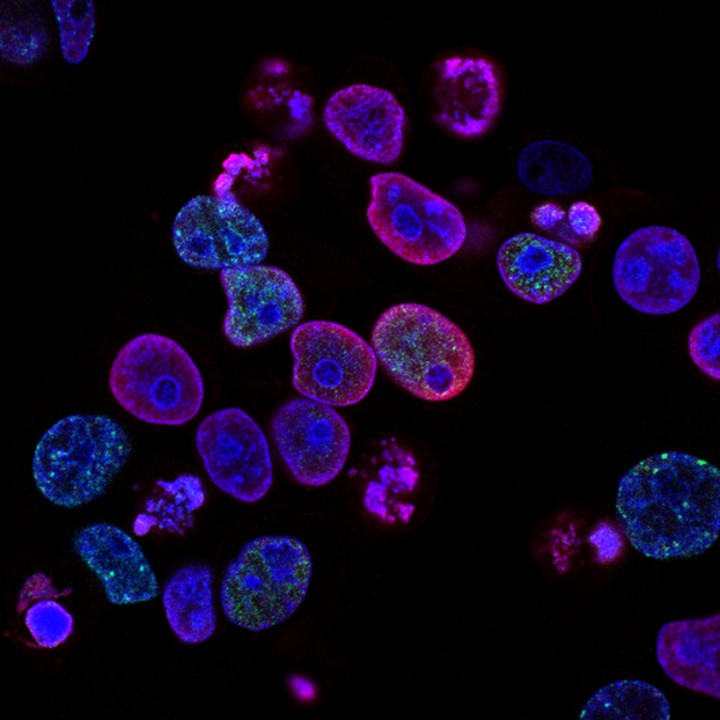
The Stool Test, also known as a Fecal Occult Test, is sometimes given to patients for aid in screening for colon cancer. While it can help aid in detecting colon cancer, it is important to understand why it, and other tests like it, are only supplemental tests and not a replacement for more accurate and rigorous screening procedures – in this case, colonoscopy.
The reasons for a stool test are simple: it is easy and quick enough to conduct at home, and much less invasive than a colonoscopy. You receive a simple card kit, and you smear a fecal sample on each card before returning them to your doctor. The most up-to-date versions of the test are designed to successfully detect tiny, microscopic bits of blood in the stool. Since this is one of the major warning signs of colon cancer, this can help give early warning to patients who will then need to get a full colonoscopy as a follow-up.
The downsides, however, are very real. Stool tests are not very accurate, and have a high chance for either a false positive (where blood is present but does not come from colon cancer or pre-cancerous polyps) or false negative (where no blood is detected, but colon cancer is present). In the case of the false positive, you’re still going to need to undergo a full colonoscopy to confirm the presence of cancer or polyps. And in the case of a false negative, you may have been able to detect the cancer early if you had undergone a colonoscopy instead of the quicker and easier stool test.
Like many screening tests that have issues with accuracy, the recommendations for taking the stool test vary depending on the organization. The CDC lists it as a “recommended” test, saying you should take it once a year. The American Cancer Society specifically recommends the more modern, accurate version of the test. And the USPSTF gives the test an “Inconclusive” rating, meaning there is not enough evidence to recommend the test as a primary screening tool.
The good news is that tests like this are always been improved, and newer versions of the stool test have shown more and more promise in accurate detecting colon cancer. It is possible that in the coming years, we may see an accurate enough version of the stool test that it replaces regular colonoscopies as the primary means of early detection in patients. But for now, it’s important you talk to your doctor about when to schedule your first colonoscopy – remember, if you catch it early, colon cancer is a beatable disease!